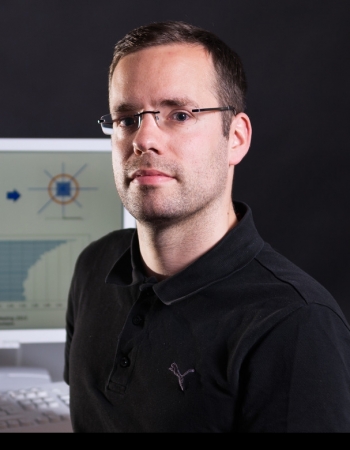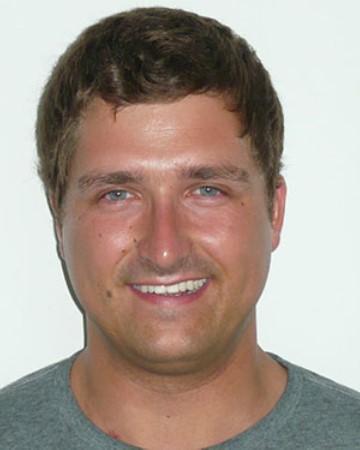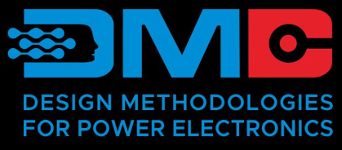

Speakers: Dr Andreas Rosskopf (left) and Stefan Ehrlich (right), Fraunhofer Institute for Integrated Systems and Device Technology IISB, Erlangen, Germany
Date: May 3rd, 2022 at 8:00 am ET (2:00 pm CET)
Registration: Here
Abstract: In modern power electronic systems, the increase in power and cost efficiency as well as power density are the driving forces and demands in research and industry. The resolution of litz wire and magnetic losses in simulations poses a major challenge especially in terms of high frequency or high currents. In the talk we will present sophisticated numerical approaches such as PEEC, SEEC and S-SEEC for resolving the frequency depended power losses of litz wires with several hundred or even thousands of strands. In the magnetics, the measurement based characterization of different ferrite cores is explained as well as the transfer into reliable circuit based simulation models. In this manner, core as well as litz wire losses can be resolved in one fast model describing the dominating losses power electronic systems. A comparison with measurements concludes the presentation and shows the potential for design automation and optimization.
Biographies: Dr Andreas Rosskopf studied Applied Mathematics with a focus on Numerical Simulation in Erlangen, Germany. Afterwards he worked as a computational engineer in the automotive, large drive and energy industries. Since 2012, he has been working as a research associate in the department “Modeling and Artificial Intelligence” at Fraunhofer IISB in Erlangen and received his PhD in numerical methods for loss calculation of litz wires in 2018. Since 2018, he leads the working group “AI-augmented Simulation“, and supports and initiates activities for data-driven design optimization of power electronic devices and systems.
Stefan Ehrlich received the B.Sc. and the M.Sc. degrees in electrical engineering from the Friedrich-Alexander University Erlangen-Nuremberg, Erlangen, Germany, in 2012 and 2015, respectively. He is currently working toward the Ph.D. degree in electrical engineering with the Fraunhofer Institute for Integrated Systems and Device Technology IISB, Erlangen, Germany. His research interests include electromagnetic field theory, characterization, and modeling of inductive components.
